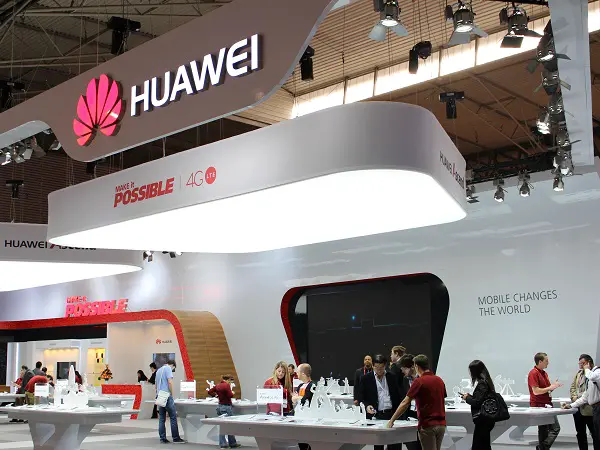Chinese telecom giant Huawei asked support from developing countries to encourage investment to boost the ICT industry on Tuesday at an international conference in Thailand.
Governmental officials and representative of Huawei emphasized the importance of broadband infrastructure at the ITU Telecom World 2016, as the world is heading for a digital society.
The ICT technologies and broadband infrastructure have become core economic competencies, critical for national competitiveness, said Zhao Houlin, secretary-general of the International Telecommunication Union (ITU), organizer of the conference.
However, the digital gap between developed and developing countries, and between urban and rural areas, is still severe as around 3.9 billion people worldwide are still unconnected, he said.
Around Asia-Pacific, the most populous region of the world, the gap also exists.
"Countries (in the region) vary widely, from 95 percent broadband penetration in Japan, South Korea and Singapore to only 20 percent in the Philippines and Sri Lanka, under 10 percent in Indonesia and India, and less than 5 percent in Bangladesh, Myanmar and Cambodia," said Jin Yuzhi, Vice President of Huawei Southern-East Asia Region.
Jin asked governments of these developing countries to accelerate the development of home broadband and thus to bridge the gap.
During the convention, Huawei and the ITU launched their White Paper on Broadband Regulation and Policy in Asia-Pacific Region: Facilitating Faster Broadband Deployment.
The white paper calls on governments to lead infrastructure development, to build alliances incorporating different government departments and private sectors and to develop "broadband-friendly" policy.
It also asked governments to improve infrastructure synergy and simplify the process of obtaining rights-of-way.
(APD)
 简体中文
简体中文

